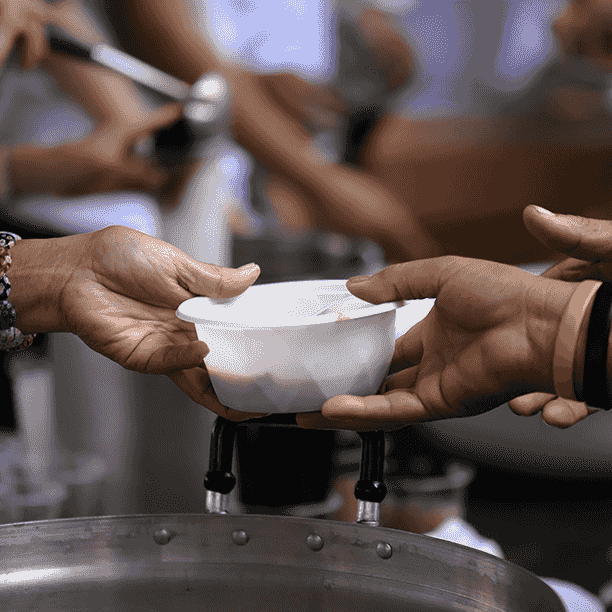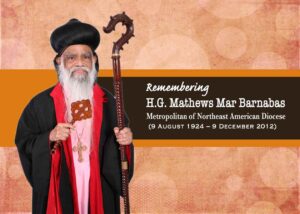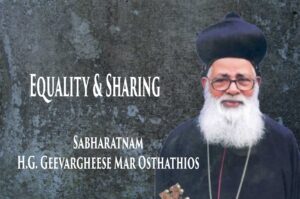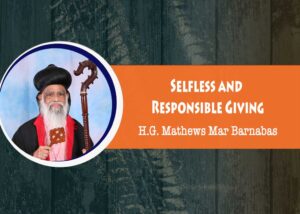St. Pauls Mission and the Mission Board
For any true organized and sustainable mission, it is very important to train the missionaries and provide guidance and resources. In such a pursuit, the church established the Mission board which has taken the initiative of training the missionaries and providing them with the resources needed for their mission.
Sabharatnam H.G. Dr. Geevarghese Mar Osthathios thirumeni, the visionary of the Malankara mission saw the need for training the missionaries in the early days and established the St. Pauls Mission center at Mavelikara in 1953 in his return from the US after his education. The land was purchased by and using his savings that he had in the US.
The St. Pauls Ashram was established in puthupaddy in 1958 and operates a balabhavan, balikabhavan, school, and a hospital.
In 1979, The St. Pauls Mission Training Center was established as the official center for Mission training of the Church and also became the office of the Mission board. With the aim of spreading the mission all over India, the Mission has focussed on the needs of the time. Education for poor children, works among the illiterate, dispensaries that provide medical assistance, and social support for orphans have been some of the focus areas. Yacharam, Pune, Itarsy, Karasseri, Bangalore are a few of the places where the mission has established such initiatives.
Sneha Sandesam is a traveling Gospel project which works to enable the evangelization in all corners of India. The mission also publishes a tri-monthly magazine, Dhoothan to promote the mission activities of the church.
NAMS (National Association for Mission Studies) was started in 1984 under the guidance of the Mission board to help the mission work.
NARSOC (National Relief Service of the Orthodox Church) was formed in 2000 to give assistance to those who are suffering from natural disasters. At the time of the earthquake in Gujarat and the tsunami the organization took initiative in rehabilitating people and building homes for the affected people.
It is very interesting to see how the organized mission under the mission board has focused on the needs of the time – poverty, basic needs, and social support in the 60’s, health challenges (leprosy in the 70’s, HIV in 90’s) in addition to addressing special circumstances rising from natural disasters.
The Mission of Malankara Orthodox Church continues to reach many more, thanks to the loving hand of the Lord the visionaries who laid the foundation of an organized mission.




